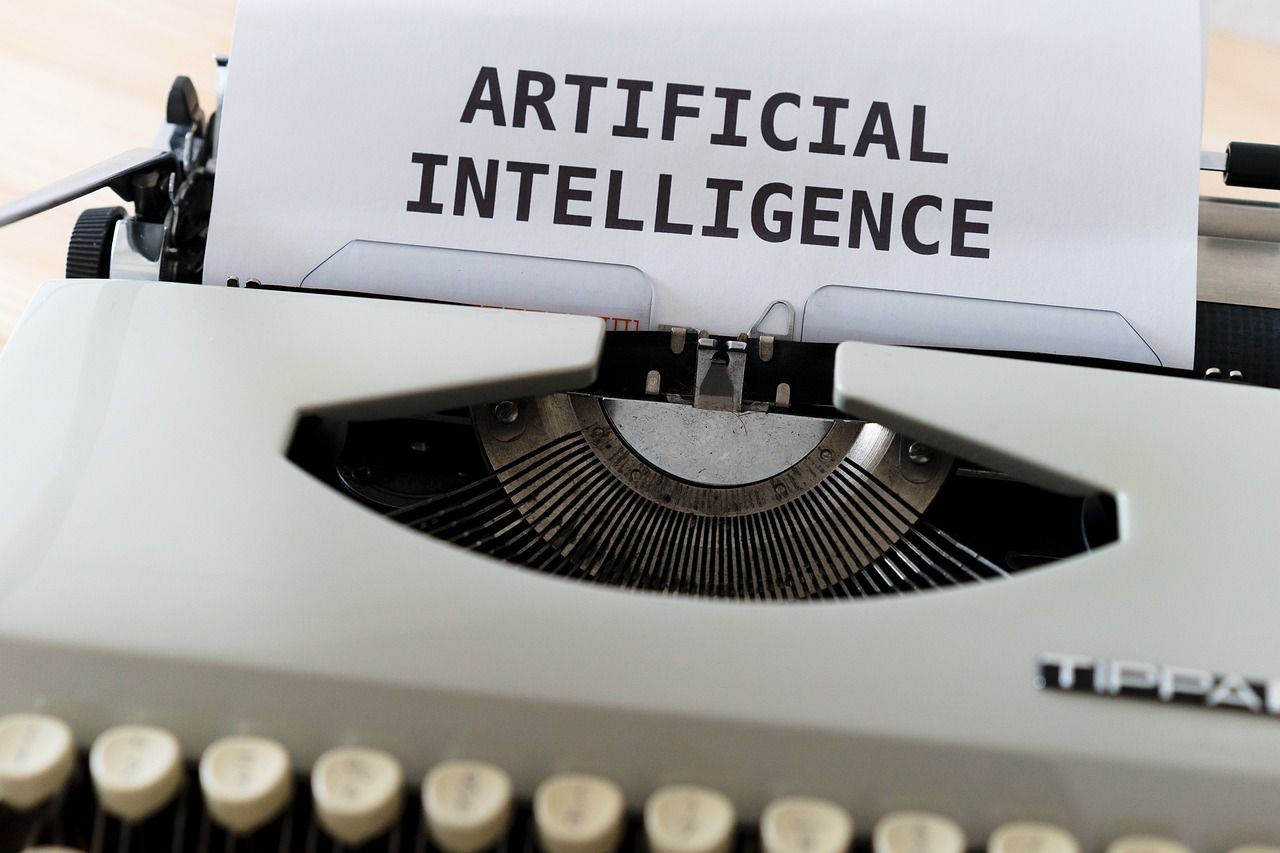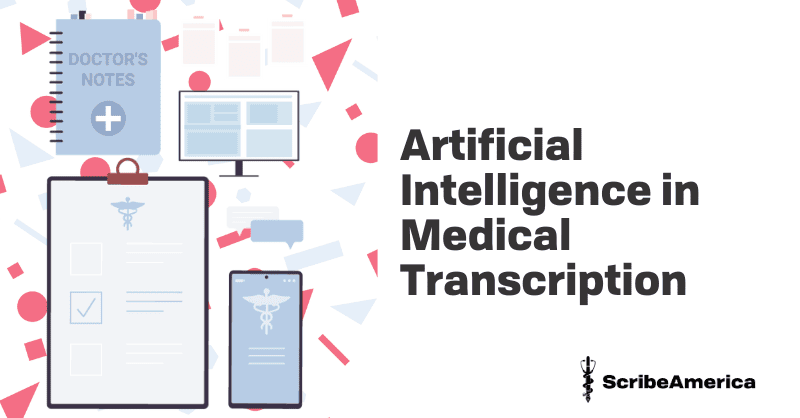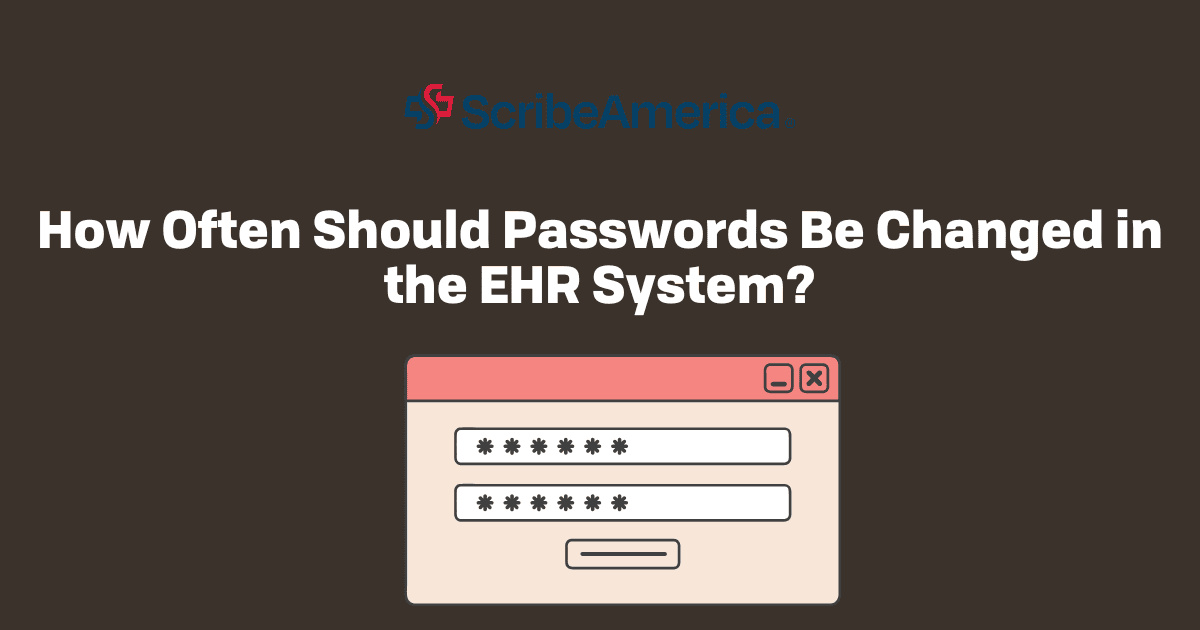Medical transcription, the process of converting spoken medical records into written form, plays a crucial role in maintaining comprehensive patient records, and with the advent of artificial intelligence, it has undergone a significant transformation. AI has not only increased efficiency but has also improved the overall quality of healthcare documentation. How is cutting-edge tech revolutionizing healthcare documentation and what are the benefits of AI medical transcription?
How is AI changing medical transcription?
Traditionally, medical transcription involved medical scribes who listened to physicians' dictations and transcribed them manually. This process was time-consuming and prone to human errors. Now, AI-powered medical transcription is changing the game.
Automatic Speech Recognition (ASR)
AI uses Automatic Speech Recognition to transcribe spoken words into text. ASR systems are trained to recognize medical jargon and terminology, ensuring accurate transcriptions. They can process large volumes of audio data in real-time, significantly reducing the turnaround time for documentation. This leap in technology makes AI in medical transcription more accurate and efficient, even in complex medical scenarios where precise language is critical.
Natural Language Processing (NLP)
NLP algorithms further enhance the accuracy of AI medical transcription. They can understand the context and meaning behind words, allowing for more contextually relevant transcriptions. This is particularly important in healthcare, where it’s particularly important to interpret medical data precisely.
Integration with EHR Systems
AI medical transcription tools can be seamlessly integrated with Electronic Health Record (EHR) systems, facilitating the immediate update of patient records. This integration streamlines the documentation process, allowing healthcare professionals to focus more on patient care.

The benefits of AI in medical transcription
The adoption of AI in medical transcription offers numerous advantages to the healthcare industry:
- Cutting-edge tech is highly accurate and reduces the chances of errors in medical records.
- AI-driven transcription significantly speeds up the documentation process. Physicians can dictate patient notes, and within minutes, the transcriptions are available for review which translates to time and cost savings.
- AI transcription services are available 24/7, providing healthcare professionals with a flexible and on-demand solution. This accessibility ensures that records can be updated in real-time, even during non-standard working hours.
AI for Medical Transcription - Challenges and considerations
Despite the numerous benefits of AI in medical transcription, there are challenges and considerations to keep in mind.
While AI medical transcription can lead to long-term cost savings, the initial implementation and integration of AI systems may require a significant investment, also in terms of protecting sensitive patient information. Security and compliance with healthcare regulations (such as HIPAA in the U.S.) are paramount to ensuring patient privacy is not compromised.
At the end of the day, AI transcription should complement, not replace, human involvement in healthcare. There will always be a need for human oversight to ensure the accuracy and quality of medical documentation. Human medical professionals can review AI-generated transcriptions to verify medical context and ensure all relevant details are captured.
The takeaway
Artificial intelligence is transforming medical transcription by enhancing accuracy, efficiency, and accessibility. It's revolutionizing the way healthcare providers maintain patient records and manage their everyday workflow.
As technology continues to advance, we can expect AI to play an even more significant role in healthcare, ultimately leading to improved patient care and streamlined healthcare documentation processes.
In this era of rapid technological advancement, AI medical transcription is a clear example of how innovation can enhance the healthcare industry, improving the comfort of both patients and healthcare specialists.
Did you like this article? You may also read: How does AI impact healthcare?




